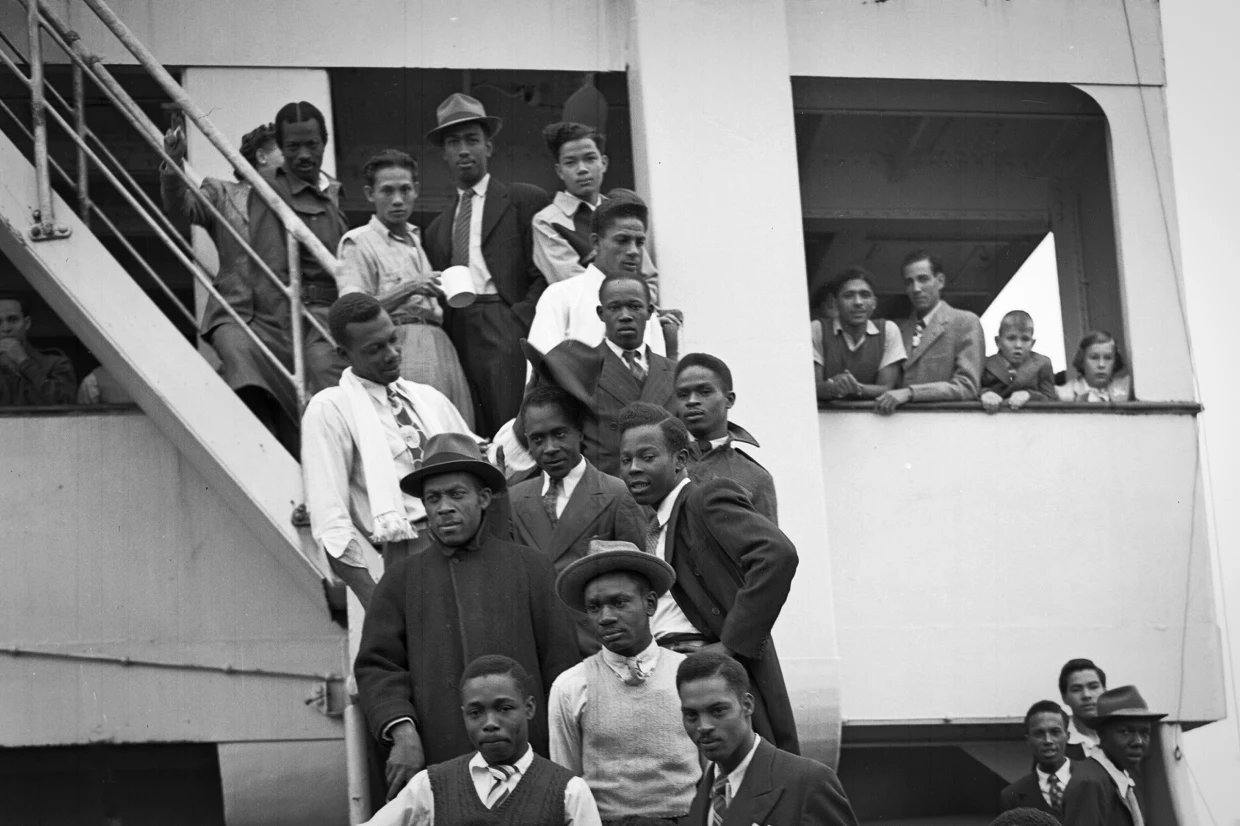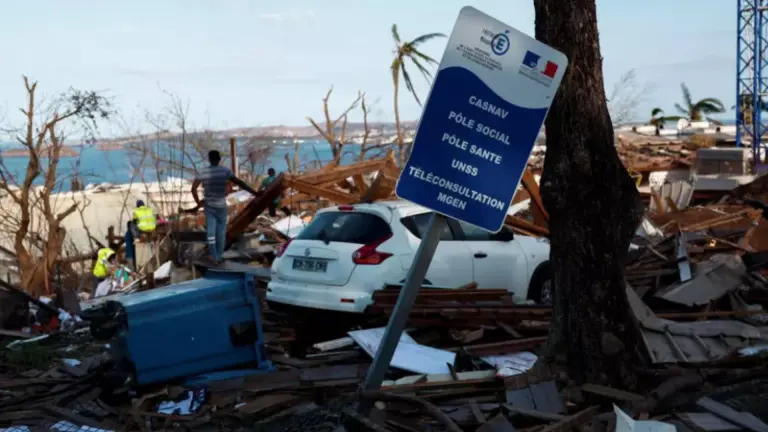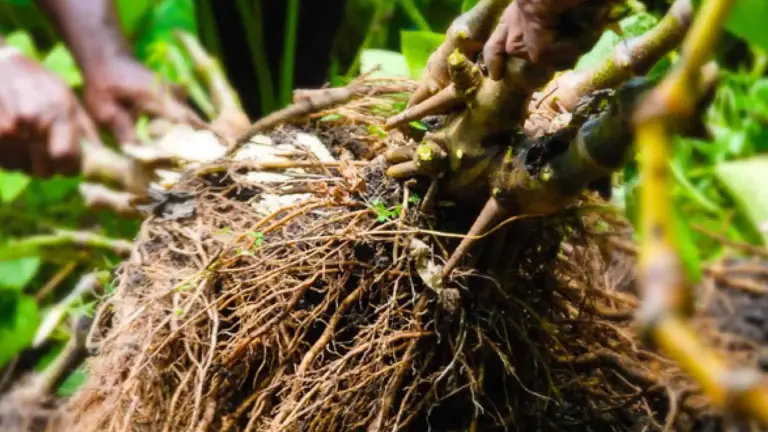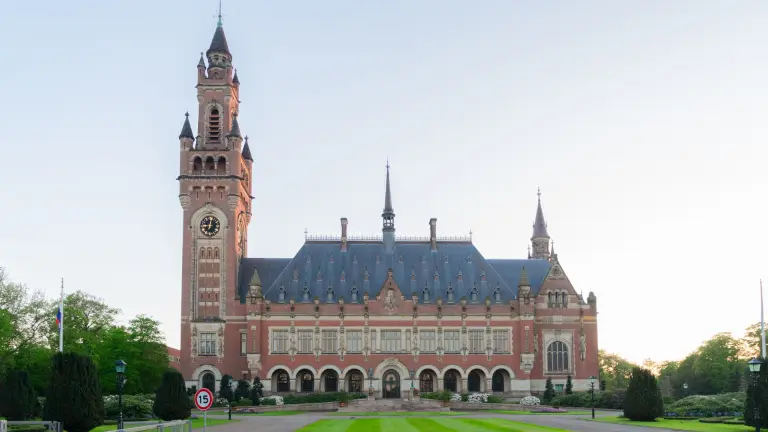Photo: Eddie Worth / AP file. Retrieved from nbcnews.com
Excerpt from nbcnews.com
Curator Nadine White said that while much has been written about the trailblazing pioneers who departed from the Caribbean to contribute to British life, the stories of their children who were left behind are often overlooked.
Her exhibition focuses on the trauma suffered by what’s estimated to be thousands of “barrel children,” named after the shipping containers that were widely used by the Caribbean diaspora to send remittances and gifts back home.
In many cases, the parents left their children at home in the care of relatives because they initially believed they would merely be working away for a few years and return after earning good money abroad. But most soon began to build a new life in Britain. While many of the youngsters eventually reunited with their parents, others never did.
“We are really talking about the fragmentation of Black families — and I feel like that consequence of serial migration isn’t in the national conversation about Windrush,” White said.
On top of being uprooted from all things familiar and trying to build relationships with parents and siblings they didn’t know, the newly-arrived children also struggled to integrate into a “hostile society that was far more overtly racist than any of them had experienced or envisioned,” White said.






















